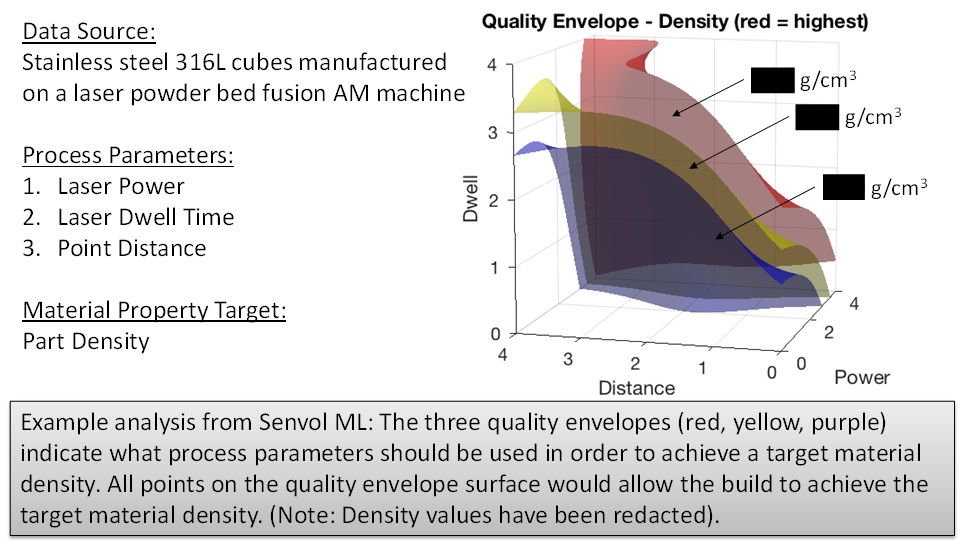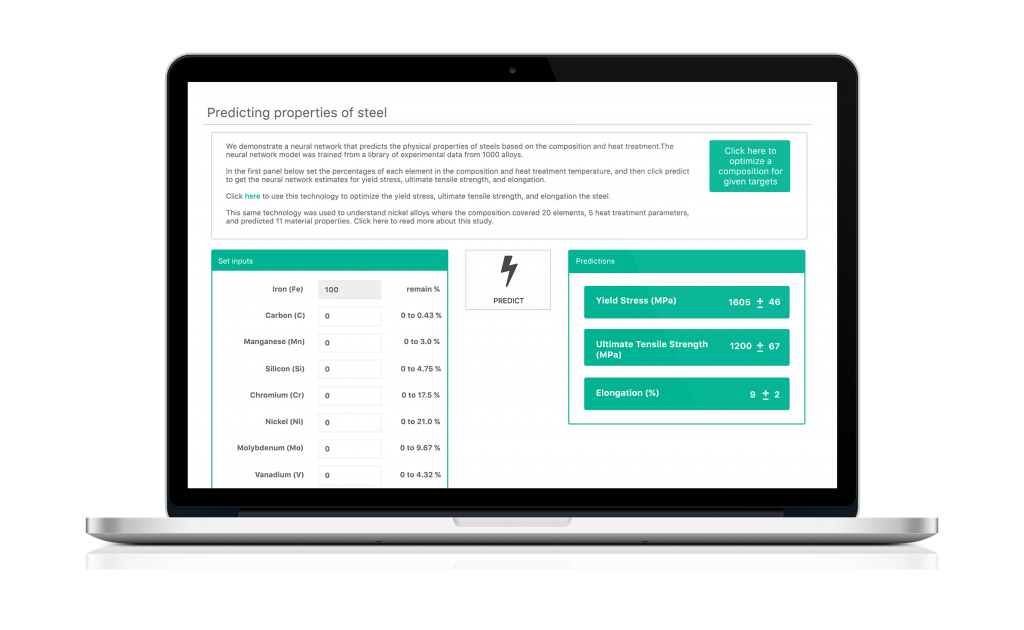On February 22, 2022, additive manufacturing data specialist Senvol demonstrated how its machine learning (ML) technology can be used to accelerate new
aviation
3D printingMaterial identification process.
The company has already deployed Senvol ML under a contract issued by US 3D printing accelerator AmericaMakes
software
, in order to expedite the determination of whether the material development process is economical. The project is sponsored by the United States Air Force (USAF)
funding
which is considered key to producing a new generation of durable, lightweight components for aerospace applications
aerospace
and commercial fields.

Military potential of Senvol ML
Senvol ML’s predictive capabilities are largely attributable to its modular Integrated Computational Materials Engineering or “ICME” framework. Divided into four modules, this ICME quantifies the relationship between collected data on parameters, material properties, process characteristics and mechanical properties to generate predictions of how any resulting part will perform at rapid speed.


Compared to traditional “trial and error” identification methods for materials, machine learning-based algorithms offer a means of eliminating the human error behind failed prints. While many of these programs are still experimental, the benefits of software developed by companies like Senvol ML and Intellegens are now starting to make their way onto the factory floor.
Similarly, engineers at the Massachusetts Institute of Technology (MIT) have developed an open-source ML algorithm designed to help more people speed up the process of identifying 3D printable materials. In their “AutoOED” software, the team’s program is able to automatically identify viable materials with desired qualities, such as toughness, stiffness and strength.
(responsible editor: admin)


0 Comments for “Senvol machine learning software recognized by U.S. Air Force, demonstrating robust 3D printing material identification capabilities”